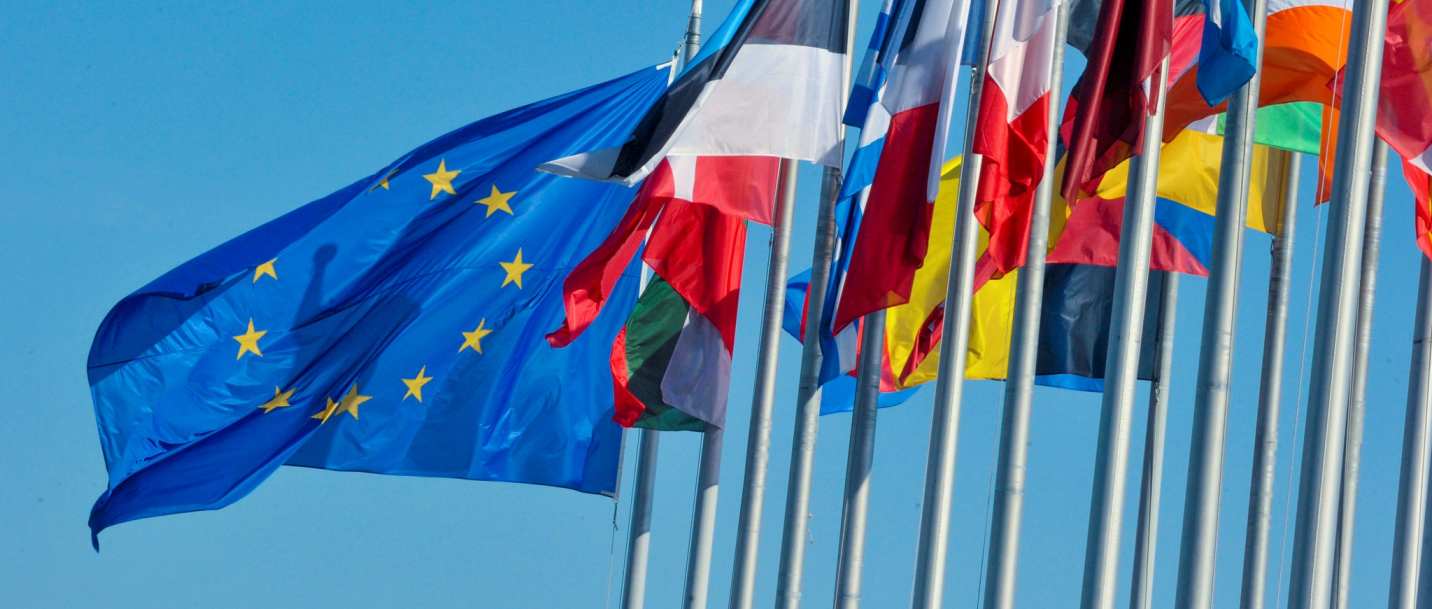The European Union will stop stamping passports of non-EU nationals on short stays from October 12, 2025. Instead, their data will be recorded electronically through the new Entry/Exit System (EES), which will apply across 29 European countries.
Full implementation is expected by April 2026.
The EES will register fingerprints, facial scans and travel document details each time non-EU travellers cross external borders.
It will also track entry and exit dates, replacing manual stamps with digital records. The system is designed to strengthen border security, reduce waiting times and prevent overstays.
According to the EU, visitors will provide biometric details during their first entry into the system. These will be scanned at self-service kiosks or designated counters before meeting a border official.
The information will be cross-checked against databases to ensure compliance with visa and entry rules. Passports will still be required as travel documents, linked to the digital records.
While official stamps will be phased out, some airports may continue offering commemorative or souvenir stamps. EU citizens, long-term residents and certain visa categories are exempt.
The Schengen Area, where the system will be applied, covers 29 European countries that have abolished internal border controls. The EU says the traditional stamp system is outdated, inefficient and vulnerable to fraud.
The EES is part of a broader push to modernise border management. It will be followed by the European Travel Information and Authorization System (ETIAS), set to launch at the end of 2025.
ETIAS will require travellers from visa-exempt countries such as the UK and US to obtain pre-screening approval before departure.
Officials say the new system will bring uniformity to border checks across the bloc and make it easier to identify individuals who overstay or exploit visa-free travel.
Although the transition to biometric border control may cause initial challenges, the EU argues it is a necessary step towards digitalisation and improved security in European travel.
